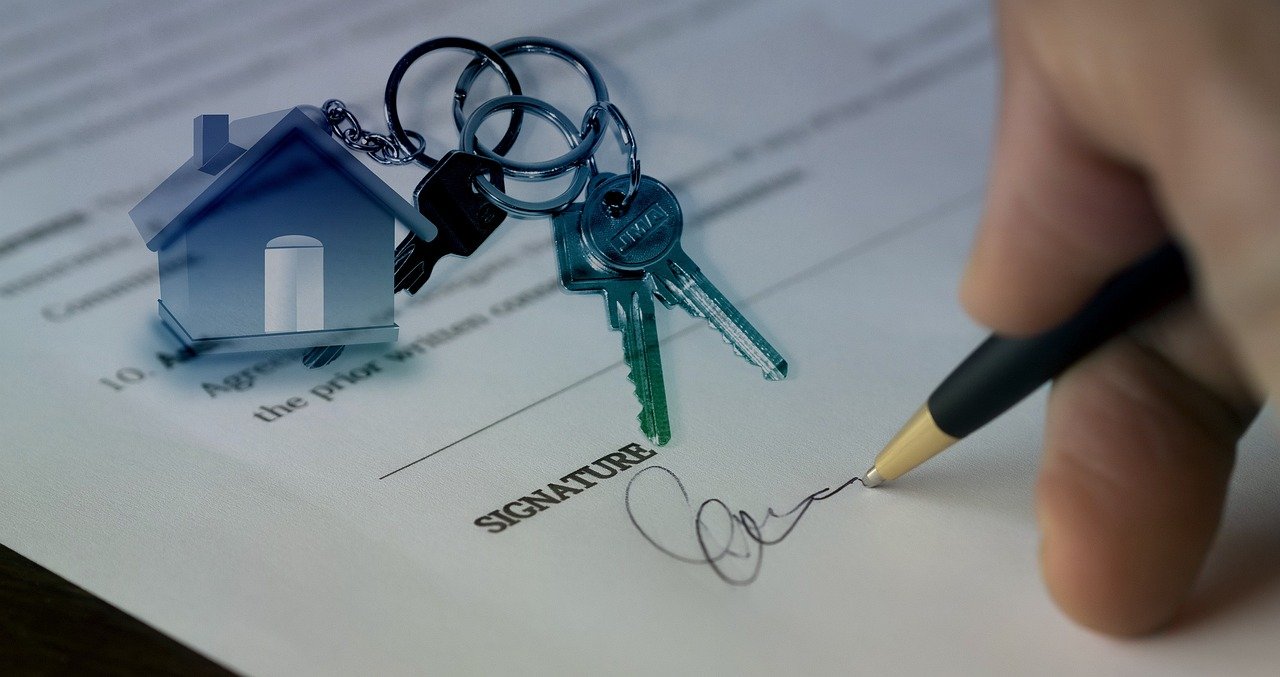When it comes to managing your financial health, your credit report plays a significant role. It affects everything from your ability to get loans to your interest rates and even job prospects. However, errors on your credit report can lead to unfavorable consequences, such as denied credit applications or higher loan rates. And, while debt settlement companies can help you manage legitimate debt, you do have the right to dispute any inaccuracies you find. In fact, knowing how to detect and dispute these errors is crucial for maintaining a healthy credit profile. In this article, we’ll guide you through the steps you can take to identify and resolve credit report errors, ensuring your financial standing remains strong.
Why Credit Report Errors Happen
Before we dive into how to detect and dispute errors, it’s helpful to understand why they happen in the first place. Mistakes can arise from various sources, including:
- Human Error: Data entry mistakes by creditors or credit reporting agencies can result in incorrect information appearing on your report.
- Mixed Files: Sometimes, information from another person’s credit history can mistakenly get linked to yours, especially if you have a similar name or social security number.
- Outdated Information: Your credit report should reflect your current financial situation. If old debts are still showing up after they should have been removed, that’s a problem.
While it may seem overwhelming, especially if you’re already working with debt settlement companies or other financial services, the first step is to take a proactive approach to your credit report.
Steps to Detect Errors on Your Credit Report
Detecting errors requires careful attention to detail. Here’s how to get started:
1. Obtain Your Credit Report
You are entitled to receive a free copy of your credit report from each of the three major credit bureaus—Equifax, Experian, and TransUnion—once a year.
- Use AnnualCreditReport.com: This is the only federally authorized website that allows you to request your free credit reports. Be cautious of other sites that claim to offer free reports but may charge you later.
2. Review Each Section Carefully
Once you have your reports, take the time to review them carefully. Your credit report typically includes the following sections:
- Personal Information: This includes your name, address, and social security number. Ensure everything is accurate and up-to-date.
- Account Information: Look for any open or closed accounts listed. Check for incorrect account balances, missed payments, or accounts that don’t belong to you.
- Credit Inquiries: This section lists who has checked your credit. If there are inquiries you didn’t authorize, that could be a red flag.
Identifying Common Errors
As you review your credit report, keep an eye out for common types of errors:
- Late Payments: If you know you made a payment on time, but your report shows otherwise, that’s a mistake worth disputing.
- Accounts You Don’t Recognize: If you see accounts that you didn’t open, it might be a sign of identity theft or a mixed file.
- Inaccurate Personal Information: Any errors in your personal details, such as your name or address, should be corrected as they can lead to more significant issues down the line.
How to Dispute Errors on Your Credit Report
If you’ve found inaccuracies, here’s how to dispute them effectively:
1. Gather Supporting Documentation
Before you begin the dispute process, gather any documentation that supports your claim. This could include:
- Payment confirmations
- Statements from creditors
- Correspondence related to the disputed account
Having solid evidence will strengthen your case and help speed up the resolution process.
2. File a Dispute with the Credit Bureau
You can dispute errors directly with the credit bureau. Here’s how to do it:
- Online Dispute Process: Most credit bureaus have online portals where you can file disputes quickly. Visit their websites, locate the dispute section, and follow the instructions.
- Write a Dispute Letter: If you prefer, you can also send a dispute letter by mail. Include your personal information, details about the error, and copies of your supporting documents. Be sure to keep copies for your records.
- Keep Records: Document all communication with the credit bureaus, including dates, times, and the names of representatives you spoke with.
3. Contact the Creditor Directly
In addition to disputing the error with the credit bureau, you should also contact the creditor that reported the incorrect information.
- Inform the Creditor: Let them know about the error and provide the same supporting documents you sent to the credit bureau.
- Request a Resolution: Ask them to investigate the matter and correct the error on their end.
Follow Up on Your Dispute
Once you’ve submitted your dispute, you should:
1. Monitor Your Credit Report
The credit bureau is required to investigate your claim within 30 days. During this time, keep an eye on your credit report for any updates.
- Check for Changes: Once the investigation is complete, you’ll receive a response from the credit bureau with the results. If the error is corrected, great! If not, you may need to provide additional documentation or dispute the error again.
2. Review the Results
If your dispute is successful, the credit bureau will send you a free copy of your updated credit report. Make sure to review it to ensure that the error has been removed.
- Take Further Action if Necessary: If your dispute is denied, you can add a statement to your credit report explaining your side of the story. This won’t remove the error, but it will provide context for future creditors.
Conclusion: Take Control of Your Credit
Reviewing and disputing errors on your credit report can feel like a daunting task, but it’s essential for maintaining a healthy financial life. By regularly monitoring your credit report and promptly addressing any inaccuracies, you can protect yourself from the potential fallout of errors, such as higher interest rates or difficulty securing loans.
Setting aside time to review your credit report and being proactive about disputes will empower you to take control of your credit and financial future. Remember, you have the right to a fair and accurate credit report, so don’t hesitate to act if you notice something amiss. With a little effort and attention, you can ensure that your credit report reflects your true financial picture!











